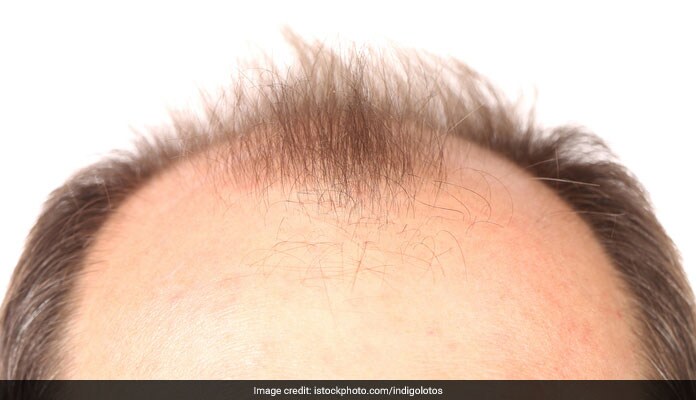Before opting for this procedure, you must take note of these things.

Hair transplants involve negligible probability of risk and do not have any side effects
HIGHLIGHTS
- Hair transplants involve negligible probability of risk
- Hair transplants' primary objective is to re-grow your hair in no time
- Transplanted hair is not different from natural hair
Let's face it; patchy hair and spot baldness are a big turn off, not just to look at but to be host to as well. And with this sense comes a feeling of low self-esteem and lack of confidence. Hair loss can take place due to a number of factors ranging from genetics to nutritional deficiencies, and likewise, there are a number of ways of curbing it as well. One technique of re-growing your hair is through a hair transplant.
Hair transplants involve negligible probability of risk and do not have any side effects involved if executed by a trained specialist. This technique helps in returning you your self-confidence by restoring your alluring appearance. But before you opt for hair transplants, there are certain things you need to take note of.
Here's a list of the top 6 things you must know about hair transplants. Take a look.
Also read: 6 Natural Therapies To Make You Regrow Your Hair
1. The two types of hair transplants
Clinics offer two main types of hair transplants namely:
- FUT (Follicular Unit Transplantation or the 'Strip' method) - This technique is older and it involves cutting and removing of a strip of hair and skin on your scalp. It is then divided and transplanted into the areas where you are experiencing baldness and thinning. The donor area is left with a scar which can be hidden with hair. It requires a lengthy aftercare schedule.
- FUE (Follicular Unit Extraction) - This technique is newer and more advanced in this sector. In this one, small incisions are made around each hair follicle and are then transplanted into the balding area. This one does not require much aftercare but it takes more time and money as compared to the FUT method.
Though both would fetch you the same results, that is re-growing hair, the FUE will involve lesser time, aftercare and pain.
2. Keep in mind that the procedure is not an enchantment
Hair transplant's primary objective is to re-grow your hair in no time. However, the growth of hair is different in every individual. The surgery is about the quantity of hair in the donor area. Also, it does not guarantee the growth of full, dense hair.
Also read: Losing Hair Post Pregnancy? This Is What You Need To Know
3. Skin and hair type
For black and Asian skin types, you need to get access to an experienced professional with experience in handling such skin types. This way you will be able to get the best results, reduce scarring and increased chances of success.
4. Transplanted hair is the same thing as normal hair
Transplanted hair is not different from normal hair. Once re-grown, they are the same as your normal hair and require the same level of care. You can treat them, wash them, apply oil and do everything else just the same way.
5. Hair transplants are permanent
Before going for any such technique, you need to do your research. Hair transplant is a permanent technique of curbing hair loss. Because hair is taken from donor areas and transplanted in the bald spots, it becomes a permanent process. There is no trial involved in this technique. Hence, you must do your research before opting for this procedure.
6. Aftercare
If in case you opt for the strip method, you would require some level of aftercare. Before and after a hair transplant surgery, you must avoid spicy foods, rigorous workouts, drinking, and smoking. Rest you can check with your doctor as to what all needs to be avoided before and after the surgery and for how long.
DoctorNDTV is the one stop site for all your health needs providing the most credible health information, health news and tips with expert advice on healthy living, diet plans, informative videos etc. You can get the most relevant and accurate info you need about health problems like diabetes, cancer, pregnancy, HIV and AIDS, weight loss and many other lifestyle diseases. We have a panel of over 350 experts who help us develop content by giving their valuable inputs and bringing to us the latest in the world of healthcare.














